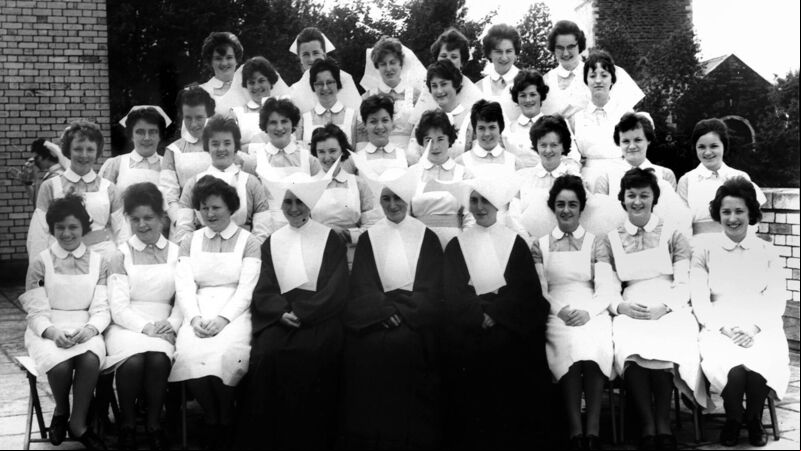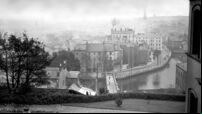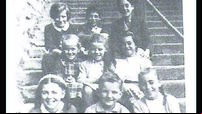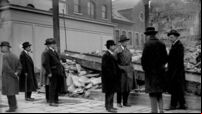Days when we returned lemonade bottles to raise money for Cork hospital ward

A group of nurses who graduated from North Infirmary, Cork, in the 1960s. Readers recall when glass lemonade bottles were collected there to get money back on them
Michael Ryan has been musing on this new idea of returning plastic bottles and drinks cans to the store where you bought them, to get a refund.








